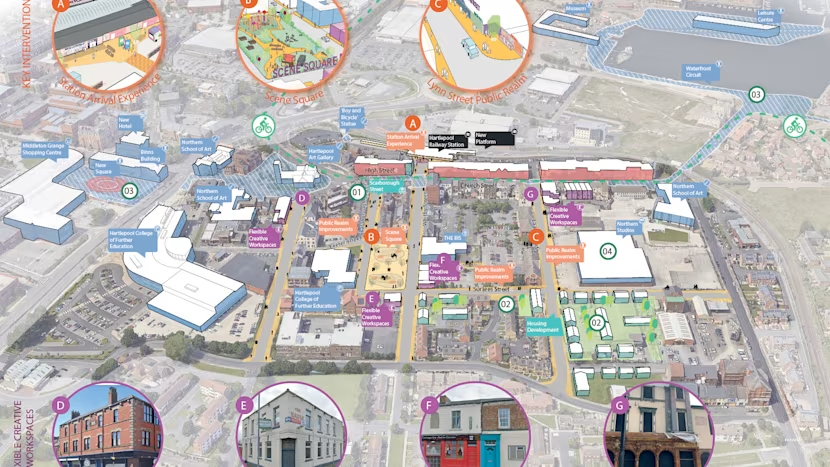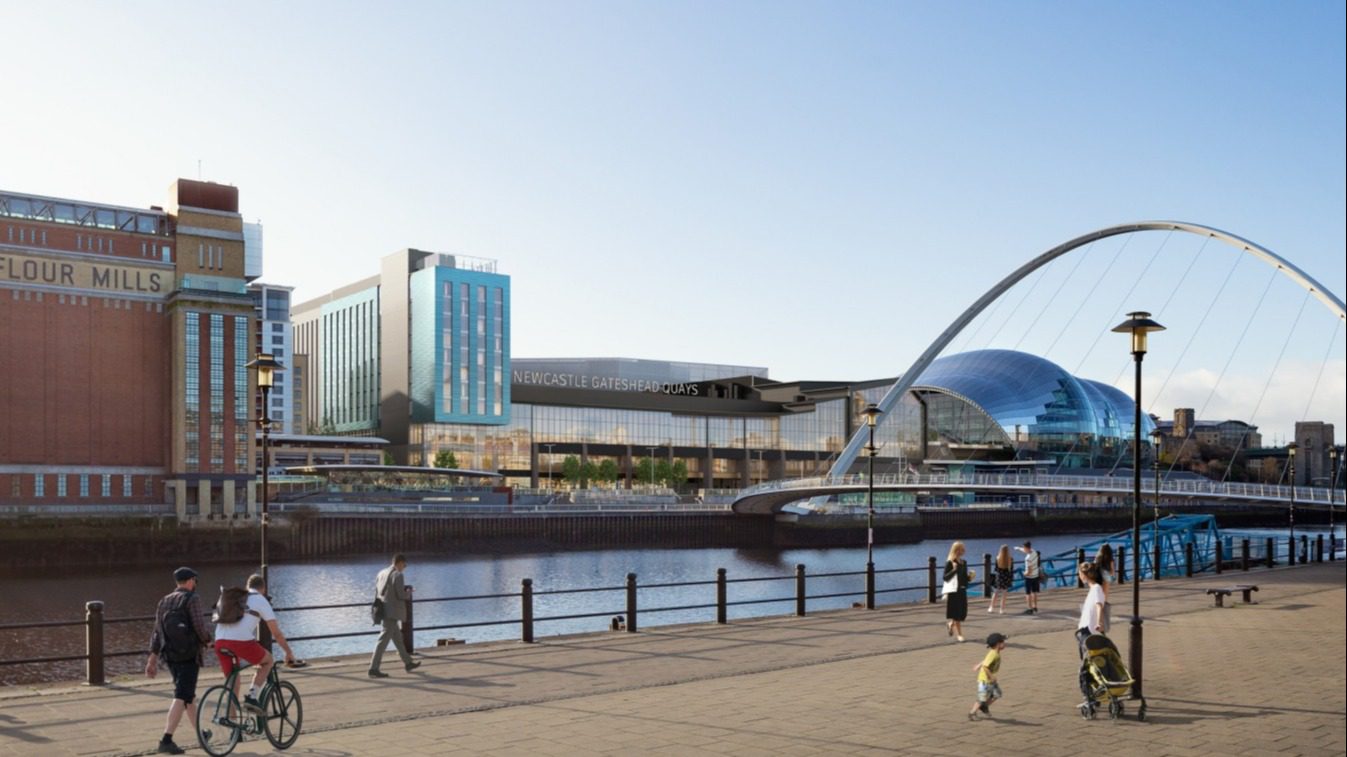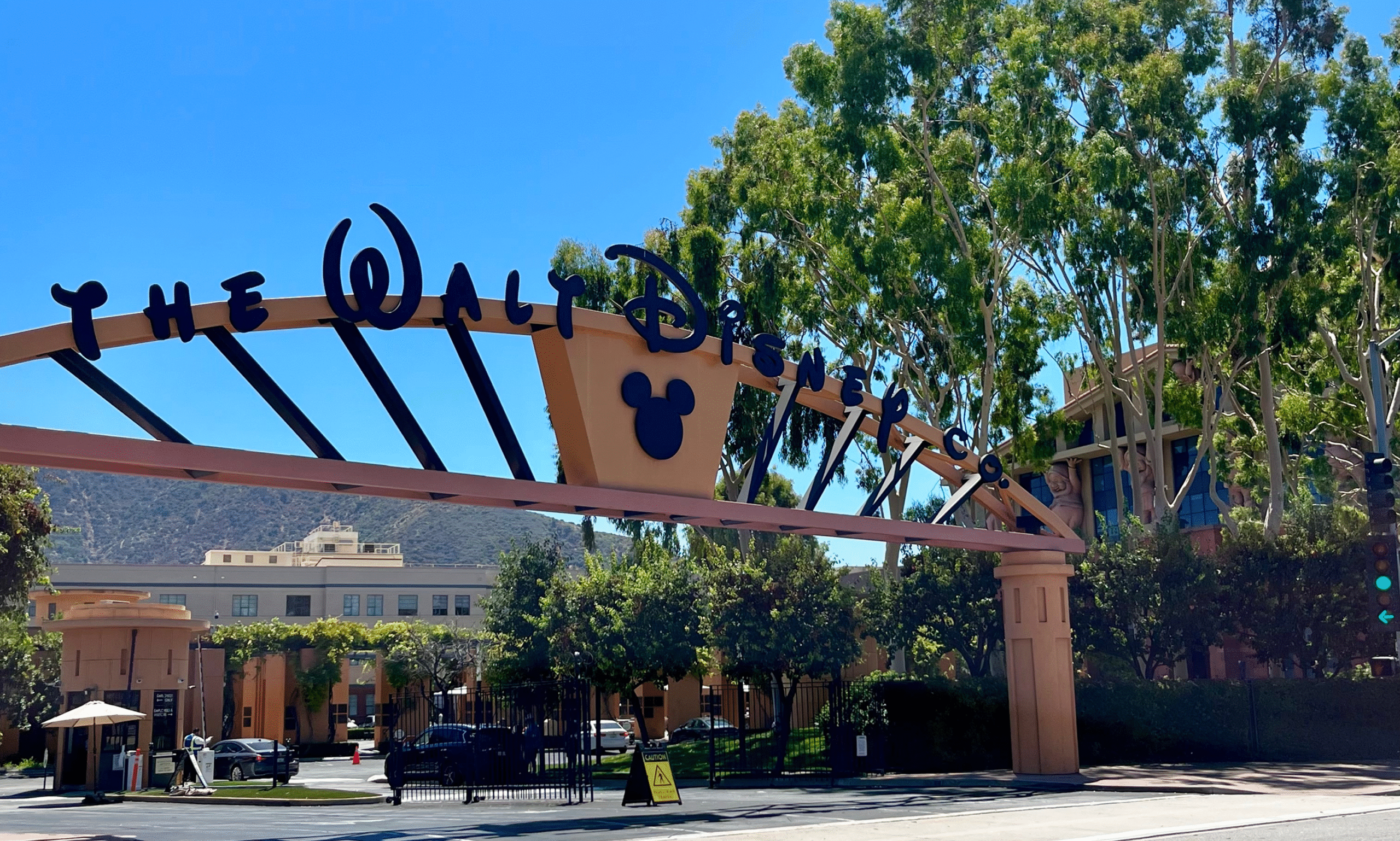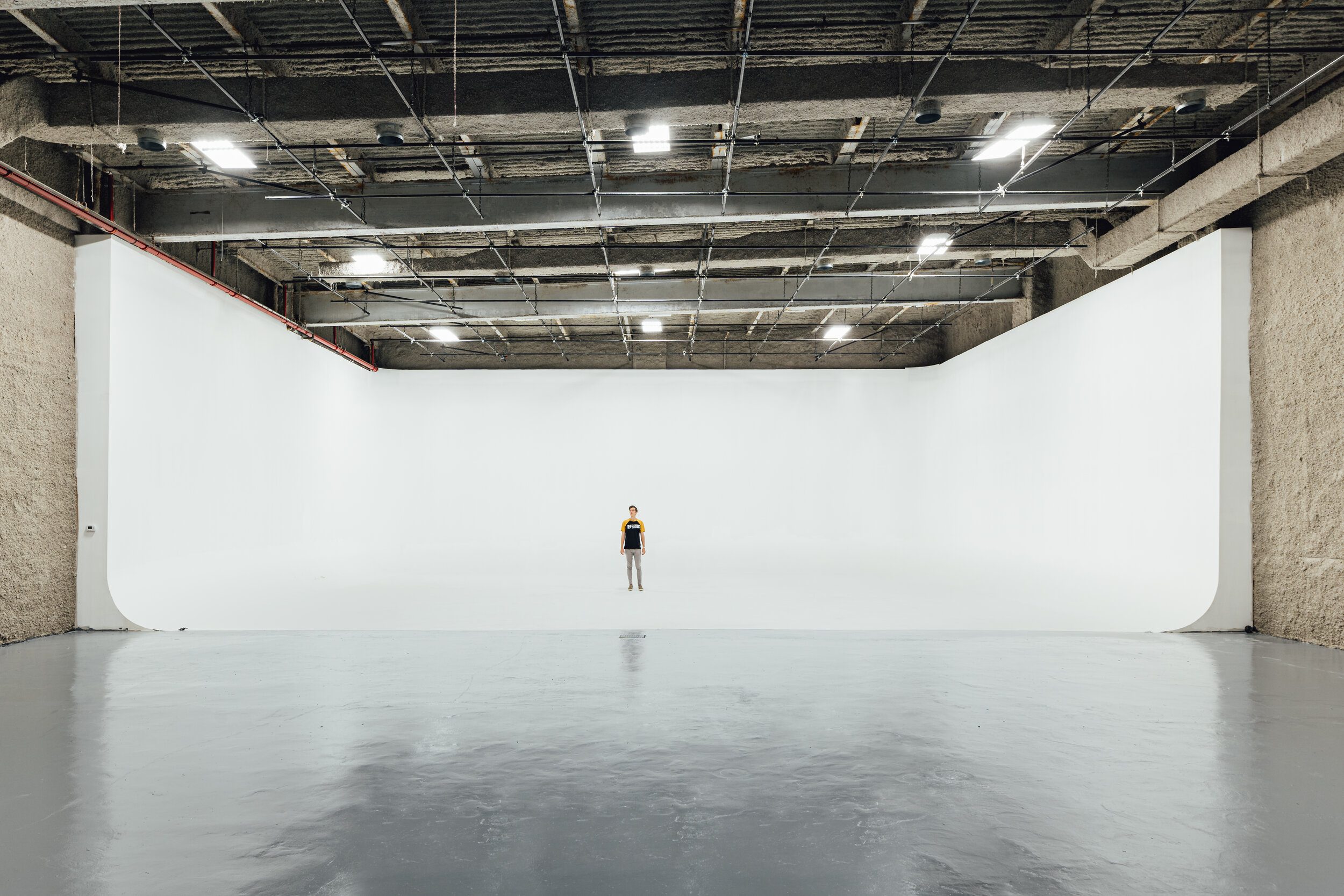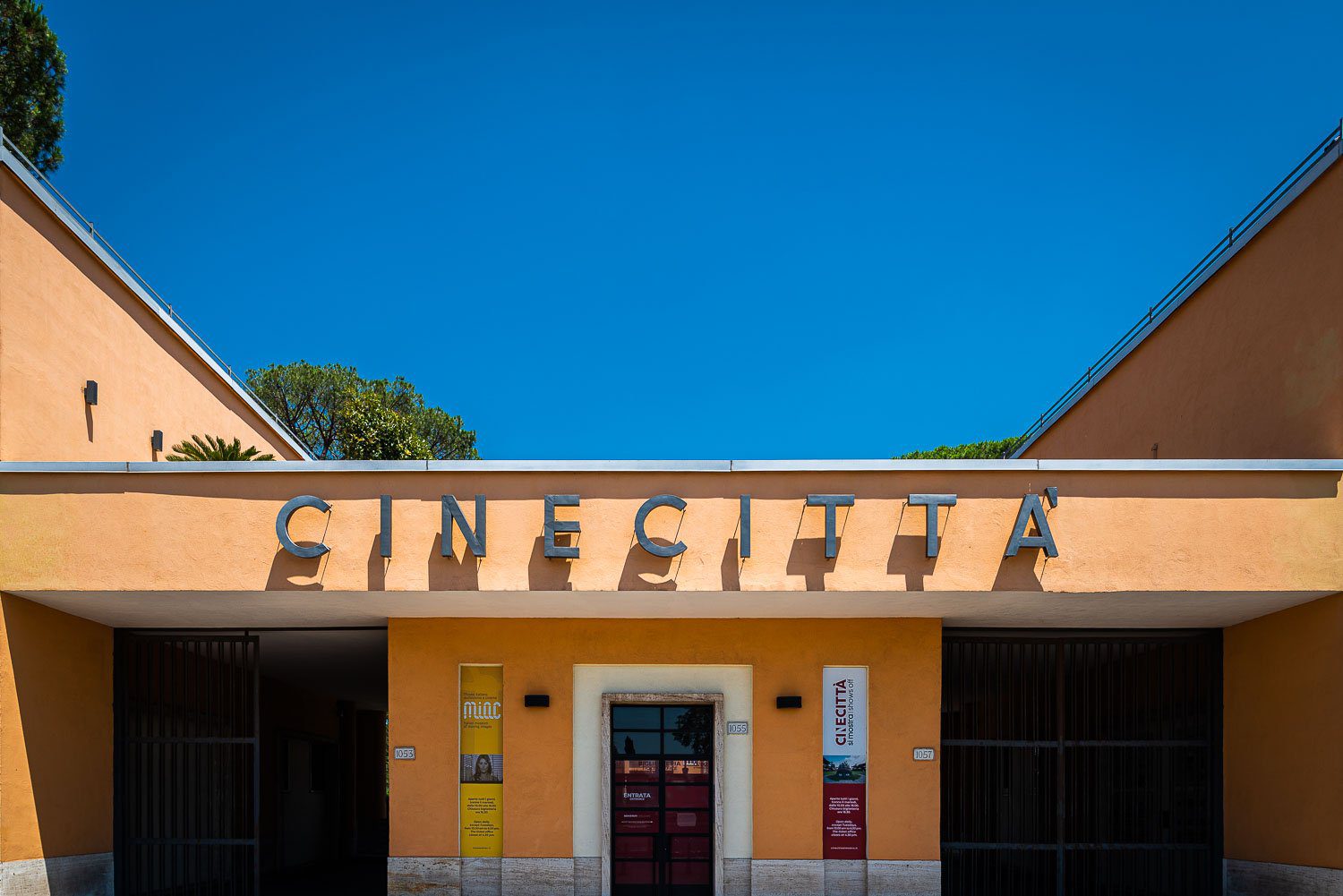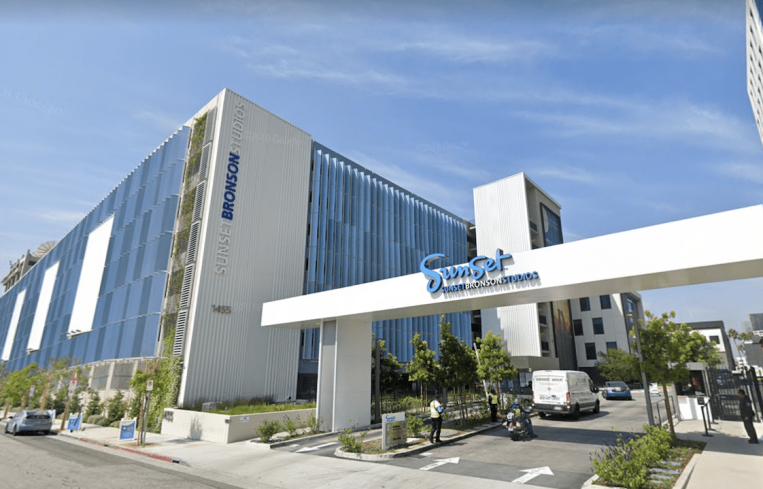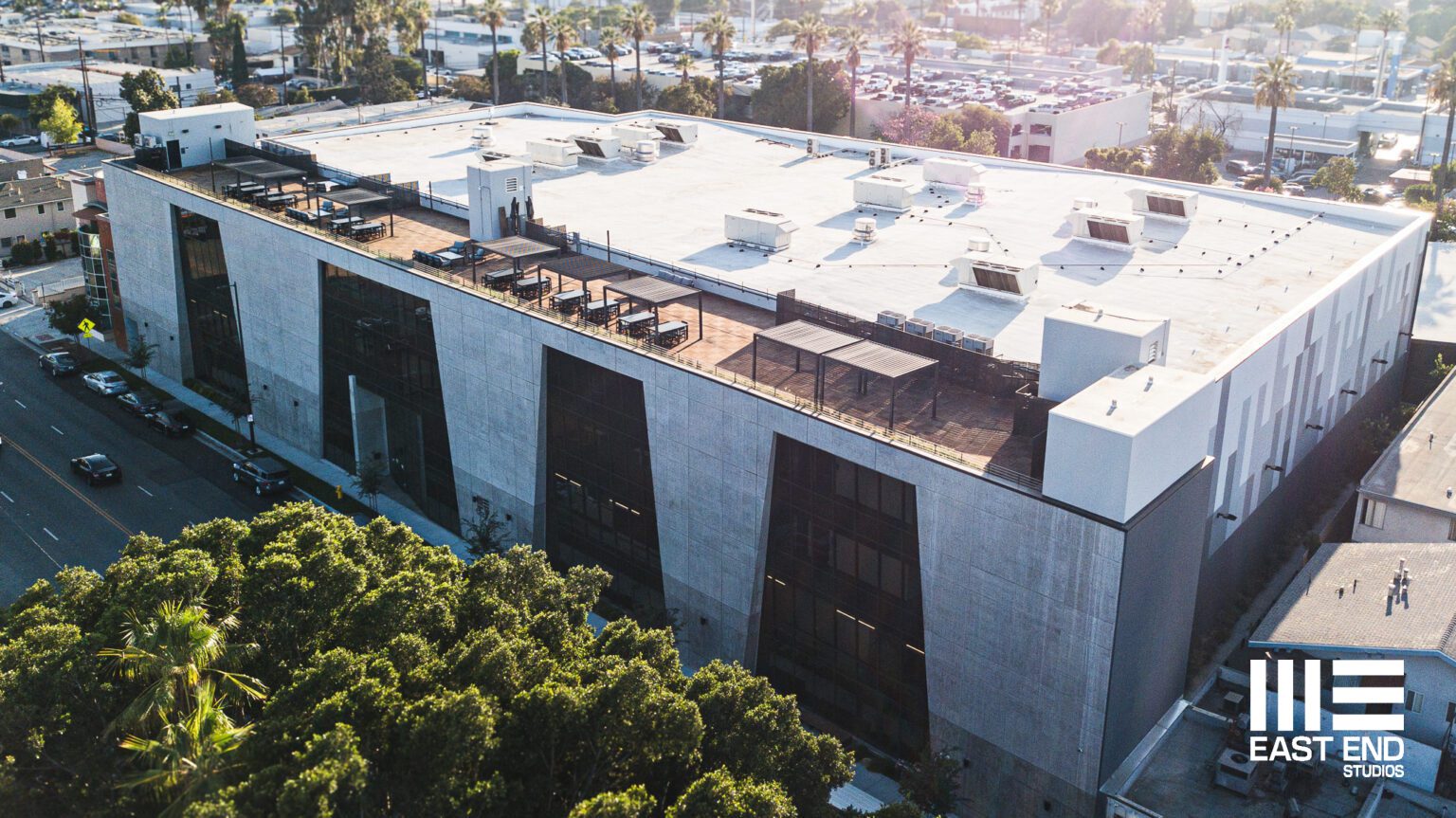Something big is brewing on England’s northeast coast— Hartlepool, a working-class town best known for shipbuilding and industrial grit, is quietly becoming one of the UK’s fastest-rising film and TV production hubs. With a growing studio footprint, public and private investment north of $40 million, and a community fully behind it, the town is making a serious play to become the next essential stop on the global production map.
At the heart of the action is a bold, multi-phase expansion of The Northern Studios, based on Lynn Street. Originally converted from a bus depot by the Northern School of Art, the space has already hosted productions like Jackdaw starring Jenna Coleman, plus a string of Sky true crime docs and BBC dramas. Now, thanks to a joint push by Hartlepool Borough Council, the Tees Valley Combined Authority, and North East Screen, the plan is to scale up. Like, way up.
From Bus Depot to Production Village
The next chapter? A full-blown Production Village is being mapped out across Lynn Street and Whitby Street, complete with purpose-built studio facilities, vendor support space, and room for education and training. Think a tightly integrated creative campus—where students from the Northern School of Art can work side-by-side with industry veterans, and global streamers can shoot across the street from a great pint and a fish shop.
“This is about building a sustainable creative economy for the region,” said Hartlepool Council Leader Brenda Harrison. “We’re not just growing infrastructure, we’re creating jobs, pipelines, and the kind of local pride that keeps talent from leaving.”
She’s not exaggerating. In just two years, film and TV production in the region has grown 89%, contributing over $50 million in GVA and generating 650 full-time jobs. That’s not Hollywood math—it’s Hartlepool’s new reality.
Why This Matters for Global Studios
Studios, streamers, and producers scouting for new cost-effective production hubs should take note. The Hartlepool expansion is backed by real money and political will. The $20.6 million secured through the UK Government’s Levelling Up Fund, plus an additional $2.5 million from the Tees Valley Combined Authority, ensures the infrastructure won’t just get started—it’ll get finished.
Even more crucial for major studios: the non-profit structure being considered to manage the production village. By creating a special purpose vehicle (SPV) between the council, the Hartlepool Development Corporation, and The Northern School of Art, the goal is to make the village attractive to incoming productions while offering transparent, community-first operations.
“This could be the kind of creative cluster that global studios are actively looking for—world-class stages, regional rebates, trained crews, and a community that actually wants them there,” said one industry consultant familiar with the project.
The Jackdaw Effect
Ask anyone working in British production about Hartlepool right now, and the answer you’ll get is: Jackdaw. The 2023 action-thriller not only filmed at Seal Sands and on local streets—it helped prove Hartlepool could scale production infrastructure fast and service national-level content.
“It’s all about proof of concept,” said Alison Gwynn, CEO of North East Screen. “We’ve already shown we can handle high-level productions. The next step is making sure we can host five or six at once.”
That’s where the village comes in—offering scalable soundstage space, support for vendors, and long-term infrastructure planning.
Building for the Long Haul
What makes Hartlepool’s plan feel more durable than many regional studio expansions is how tightly the whole thing is linked to workforce development. The town isn’t just trying to attract one-offs—it’s trying to build a career pipeline, keep graduates in the region, and make the industry feel like it belongs here.
Tees Valley Mayor Ben Houchen put it plainly: “We want to make sure our best and brightest don’t have to leave the North East to find a job in film and TV. We want the jobs right here.”
By embedding education into the Production Village—from postproduction to props to physical production—the town is betting on a model that’s worked in places like Toronto, Atlanta, and Belfast.
So What’s Next?
Public consultations are already underway, and residents are actively being encouraged to have their say. The timeline for groundbreaking hasn’t been made official, but the ambition is clear: Hartlepool wants to compete with the UK’s biggest studio cities—Manchester, London, and Cardiff—and it’s putting in the work to get there.
The Northern Studios will remain the anchor, but the vision is bigger: a full-service screen production ecosystem, deeply local and globally connected.
For studios looking to shoot in the UK, Hartlepool offers a compelling blend: solid infrastructure, aggressive investment, a film-friendly community, and crews who are eager to roll.
And hey, let’s be honest—there’s something charmingly cinematic about a film empire rising from the bones of a bus depot\
